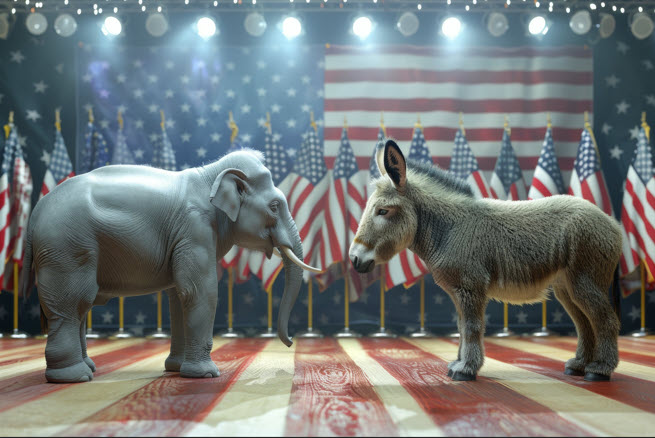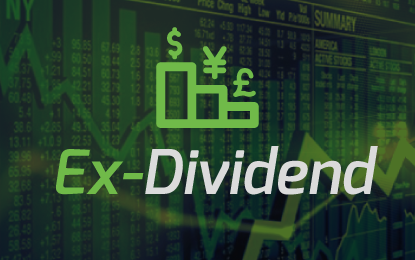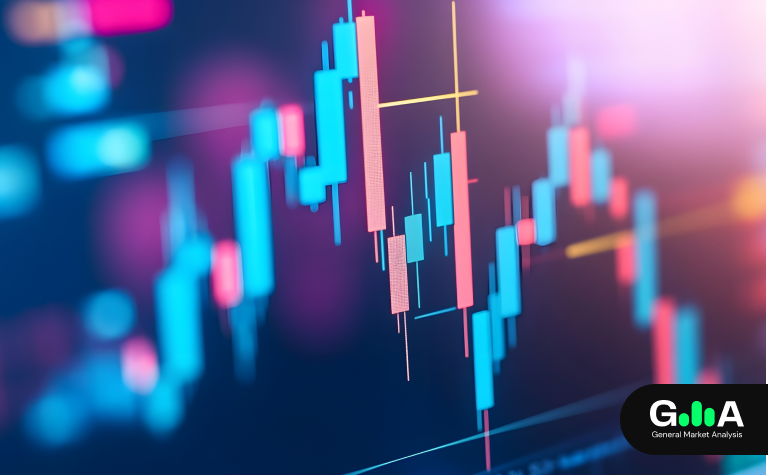Trading before a US election brings a unique opportunity for traders. Elections bring heightened uncertainty, political drama, and economic policy debates that can shake up the financial markets. For traders, this uncertainty can represent an opportunity or a significant risk, requiring careful analysis. Whether you should trade before the US election depends on your risk tolerance, strategy, and market knowledge.
Here’s a breakdown of factors to consider when deciding whether to trade in the days and weeks leading up to an election:
US elections introduce significant volatility to the markets, particularly in stocks, foreign exchange, and commodities. Prices can fluctuate dramatically due to speculation, polls, and policy expectations. While this volatility creates profit opportunities, it also brings the risk of rapid losses.
- Opportunity: Election-related market volatility can present trading opportunities. For example, sectors that resonate with the winning candidate’s policies may see positive movements. If Trump were to be re-elected, traditional energy, defense, and certain technology stocks might benefit, whereas a victory for Harris could favor renewable energy stocks, infrastructure projects, and the healthcare industry.
- Risk: Market volatility can stem from uncertainty regarding upcoming policies and regulations. A lack of political consensus might impede vital legislation and reforms while escalating instability or unrest could disrupt business activities and undermine investor trust. Moreover, the reactions of different industries may vary depending on election outcomes, influencing the broader stability of the market.
1. Impact on Different Asset Classes
Various asset classes react differently to elections, making it important to understand how your trades will be impacted.
- Stock Market: The stock market is usually volatile before elections, particularly in sectors sensitive to potential regulatory or policy changes, such as healthcare, energy, and technology. Uncertainty about taxes, government spending, and regulation can cause investors to move in and out of stocks. Historically, the stock market has shown a tendency to rally post-election as uncertainty fades.
- Forex Market: The foreign exchange market can be extremely sensitive to the outcome of US elections, with the US dollar usually seeing volatility. Depending on which party is expected to win and what their policies suggest for economic growth and trade, currencies may experience significant swings.
- Commodities: Safe-haven assets like gold often rise before elections due to heightened uncertainty. If market participants are worried about the election outcome or policy shifts, they may rush to buy gold, causing its price to spike. Oil prices may also fluctuate, particularly if energy policy is a key issue in the campaign.
2. Strategy: How to Trade Before the Election
If you decide to trade before the election, it’s crucial to have a strategy in place to manage the increased volatility and potential risk. Here are some approaches you can consider:
- Reduce Position Sizes: Given the market’s unpredictability during an election, one way to reduce risk is to trade smaller position sizes. This limits your exposure to large market swings and helps preserve capital in case the market moves against your trade.
- Use Stop-Loss Orders: Implementing stop-loss orders can help protect your trades from excessive losses if the market experiences sharp, unexpected moves. Set stop-loss orders at levels that account for increased volatility but still protect your downside.
- Stay Informed: Monitor news, polls, and economic data closely. Stay aware of important election events, such as debates and announcements, which could shift market sentiment. Use this information to adjust your trading strategy in real time.





